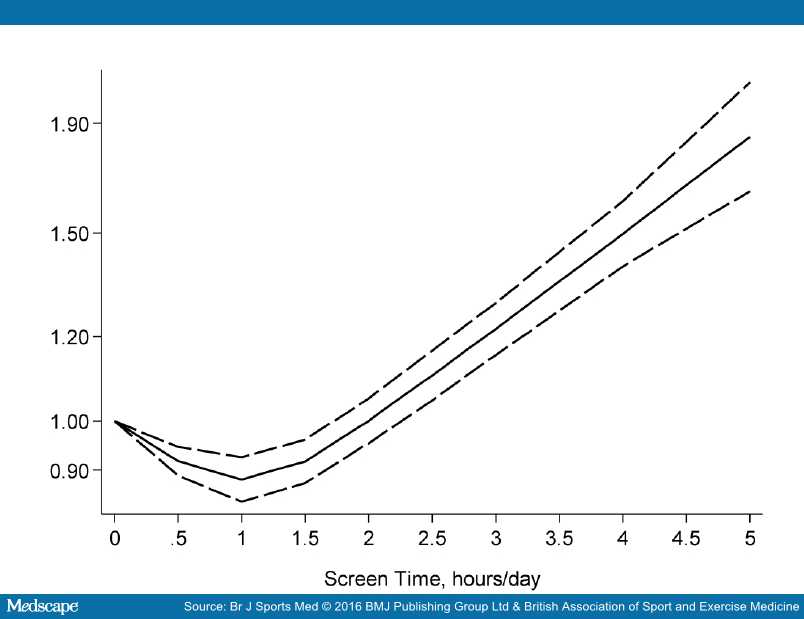Are you allowing your child too much screen time? The consequences should concern you.
Parents should take note of two new studies that look at the amount of time young children and adolescents spend interacting with electronic devices. Both show alarming consequences for children that spend more than the recommended time on screen based technology.

The Australian Department of Health recommends that children below the age of 2 years watch no television and children between 2 and 5 years of age watch no more than 1 hour of television daily. All very good, except that this is the exception, rather than the rule. National surveys conducted in the USA found that 17% of children aged 0–11 months and 48% of children aged 12–23 months watched more than 2 hours of television daily.
The first study is unique as it is one of very few studies to investigate screen time in children less than 2 years of age, a critical time in cognitive development. The study was done in children growing up in Sydney. In this birth cohort, 40% of infants ∼18 months of age were using screens (television, DVDs, electronic games) for more than 2 hours each day which exceeds current recommended guidelines. Significant associations were found between increased screen time and
- less than five outings per week
- not having outdoor equipment in the home
- being a single mother
- having fewer siblings
- a father who was employed
There are obvious reasons why the above factors may increase screen time in the children studied and they are discussed in the study. However, we should not lose sight that there are serious consequences to having children spending too much time on these screens. The studies are now quite clear that excessive screen time does increase the rate of health concerns in children. These concerns include:
- rising obesity rates
- reduced cardiorespiratory fitness
- high cholesterol
- poor diet
- low physical activity
- poor cognitive development
- higher rates of behavioural problems
- sleep disturbances
- musculoskeletal disorders
Primary school aged children who watched more than 2 hours of television per day were more likely to have higher scores in the domains of withdrawn behaviour, attention, externalising behaviours and total problems. It is also a precursor for significant adverse behavioural and mental health outcomes. These adverse effects have also been extended to developmental domains in many cognitive areas from language, comprehension and attention to mathematics. A randomised control trial conducted in 6-year-old children showed modest but significant improvements in intelligence tests and attention time on cognitive tasks when television viewing time was reduced over a 6-week period.
Adolescents and Screen Time
The second study, was published in the British Journal of Sports Medicine. It is estimated that children in the 8 to 18-year group, spend an average of more than 7 hours per day watching television or interacting with electronic devices. Given that this trend is likely to increase, it is important that we understand the possible impact of extensive screen time on children and adolescents. Time spent on screen-based activities replaces time participating in more productive and/or active activities. Especially in activities involving physical movement and interpersonal communication, and may affect the physical and mental health of young people. Screen based sedentary behaviour has been associated with risks of a variety of diseases, including:
- cancer
- cardiovascular disease
- obesity
- sleep problems
- diminished psychological well-being
- depression
Studies conducted in Australia in 2014 demonstrated a significant correlation between those who spent more time on screens, with a 14.2% increased risk of depression compared with reference groups.
In this current study screen time of approximately 1 h/day was associated with a reduced risk of depression, whereas beyond 2 h/day of screen time, higher screen time usage was associated with a continuously increasing risk of depression. Compared with the reference group, those with 0.5, 1.0 and 1.5 h/day of screen time had a 8%, 12% and 9% reduction in risk of depression, respectively, whereas those with 2 h/day of screen time had an approximately equal risk of depression as those with no screen time.
The graph below demonstrates the dose–response relationship for the association between screen time in children and adolescents, and risk of depression (solid line). It clearly indicates a strong relationship between screen viewing time and risk of developing depression.

Both of these studies should alarm parents as to the negative impact of screen time on physical and mental health, as well as academic outcomes. Certainly, in clinical practice, parents frequently report that the longer their children are on their iPads and other electronic devices, the worse their children’s behaviour becomes.
Sources:
Screen time of infants in Sydney, Australia: a birth cohort study.



